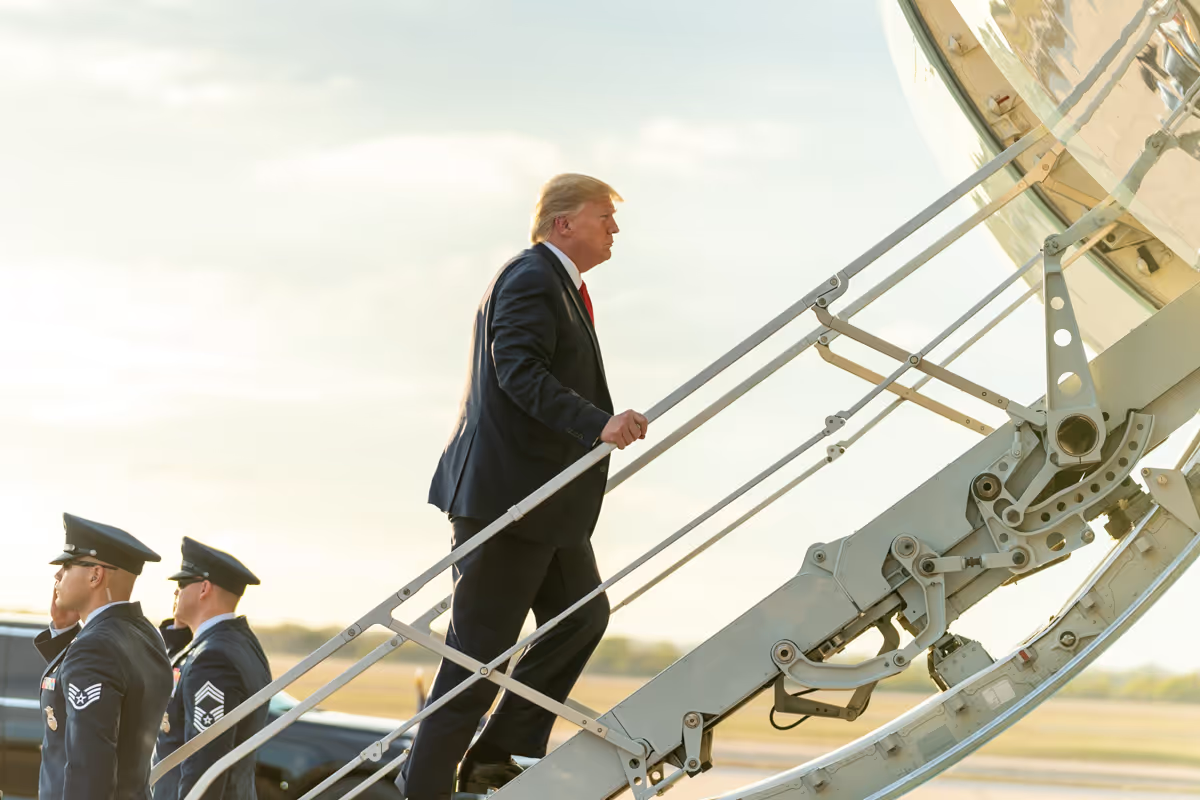Thinktanker Summary
- Elaine Kamarck at Brookings argues that President Biden's poor debate performance against Trump has raised doubts about his ability to lead, prompting questions about the delegates' role in deciding nominations.
- The article examines the history of delegate roles in U.S. party conventions, noting that although modern delegates are typically bound by primary results, under certain circumstances, they may exercise more independent decision-making.
Overview:
This article was written by Elaine Kamarck at Brookings.
- Delegates in modern conventions are often seen as symbolic, yet historical and current contexts reveal their potential power.
- Rule changes and debates over delegate binding and conscience clauses have shaped presidential nominations.
Key Quotes:
- “Because the victor at most modern conventions has been a foregone conclusion, the notion of delegates as the final decision-makers in a long nomination process has been lost—but, under certain circumstances, perhaps this one, they may still have the final word.”
- “Delegates elected to the national convention pledged to a presidential candidate shall in all good conscience reflect the sentiments of those who elected them.”
What They Discuss:
- Between 1831 and 1972, U.S. presidential candidates were nominated by conventions composed of elected officials and party leaders, with primaries playing a minimal, non-binding role.
- The 1968 Democratic convention, amidst anti-Vietnam War protests, led to reforms that required delegates to reflect voter preferences and transitioned towards primaries.
- The Democratic "robot rule" (Rule 11(H)) in 1980 mandated that delegates vote for the candidate they were elected to support. Senator Kennedy's challenge to this rule demonstrated the difficulties of altering delegate commitments.
- In 2016, Republican delegates faced a similar "robot rule" (Rule 16) controversy, aiming to introduce a conscience clause to vote against Trump, which ultimately failed.
- Currently, the Democratic rule (Rule 13(J)) requires delegates to act "in all good conscience," a clause open to interpretation, which might become crucial if doubts about President Biden grow.
What They Recommend:
- Recognize the potential for delegate roles to shift under unusual circumstances, reflecting broader party concerns.
- Monitor the application and interpretation of the "in all good conscience" clause in future conventions, especially given potential challenges to candidacies.
Key Takeaways:
- Historical shifts have transformed the role of delegates from decision-makers to more symbolic participants.
- Despite reforms aimed at binding delegates to voter preferences, rules allowing for delegate discretion under specific conditions remain significant.
- Present circumstances, such as doubts about a candidate's viability, can amplify the importance of these rules and the role of delegates.
This is a brief overview of the article by Elaine Kamarck at Brookings. For complete insights, we recommend reading the full article.










